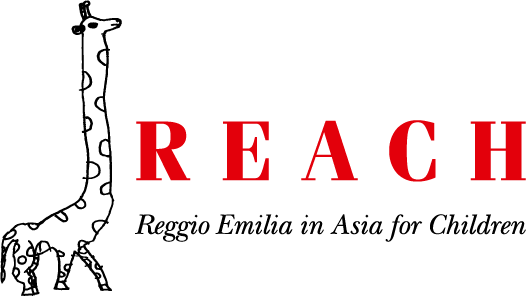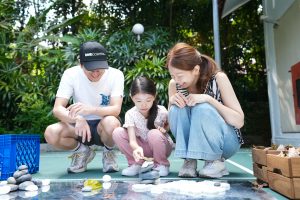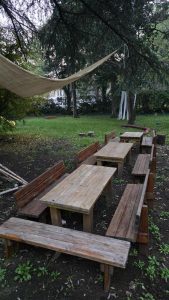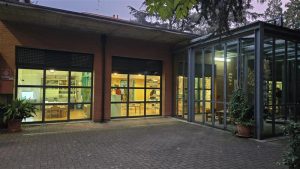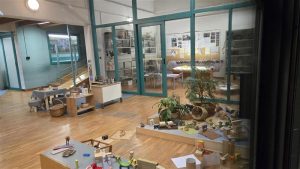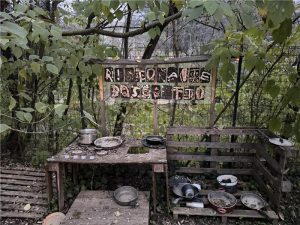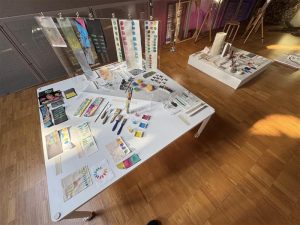Each year, REACH leads a group of network members to visit Reggio Emilia in Italy, to participate in the Study Group held by Reggio Children.
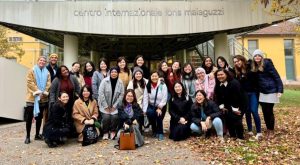
Participants have the opportunity to deepen their understanding of the Educational Project of Reggio Emilia, through in-depth sharing and project examples from Atelieristas, Pedagogistas, and Educators. In addition to this discourse, we were invited to participate in Atelier sessions which offer us first-hand experience of the relations between theory, tools and materials while exploring different learning processes.
Upon arriving in the city itself, we began our journey of discovery and transformation, immediately immersed in a vibrant and refreshing environment. While wandering the beautiful streets of Reggio Emilia, the city and its people embody the strong sense of community advocated for by the Approach. From joyful interactions in imperfect Italian to the vast amount of theatres and galleries, the 100 Languages are visible all around.
Travelling together as a group of 28, participants had the opportunity to connect and build relationships with members from all over Southeast Asia. Joining us on this trip were members from EtonHouse, E-Bridge, Little Explorers, Kinderland, YWCA Preschool and The Seed Childcare Centre representing a diverse range of educational contexts. During the week there were over 300 participants from 38 countries across the world. Dialogue and discussion provided us the opportunity to process and reflect on the powerful sessions shared, cultivating meaningful connections and collaboration that extend far beyond the borders of Southeast Asia and the duration of the trip.
Atelierista, Matteo Bini, introduced the idea of creating ‘cognitive conflict’. He shared that the perfect group of children do not create much cognitive conflict. This conflict is crucial as it challenges our prior knowledge or ways of thinking and arises when we are confronted with new ideas or different perspectives. Creating this opportunity for children is important as it encourages them to become adaptable, open-minded, and receptive to new ideas, fundamental skills for socio-constructive learning. This led me to question, how often we as Educators, Atelieristas and Pedagogistas create ‘cognitive conflict’ amongst one another?
The participants were invited to engage in a variety of pre- and post-study trip dialogue sessions. Initially, we prepared for the trip by sharing our current knowledge and understanding. Upon returning to Singapore, we took our time to process and organise all the knowledge and inspiration we acquired during our trip. We reconnected to discuss how the trip had affected or transformed our thinking as well as which prominent elements we could introduce in our daily lives, interactions, and environments. Most importantly, we explored how we could share these insights with our community. Together, we worked to further deepen our understanding of the knowledge we had gained and discussed how to implement these practices in ways that are relevant and meaningful to our individual contexts. As a network, we are dedicated to creating and fostering continuous opportunities for cognitive conflict.
Reflection by:
Jessica Louise Deeprose
Pedagogy Consultant and Programme Developer
Reggio Emilia in Asia for Children (REACH)
